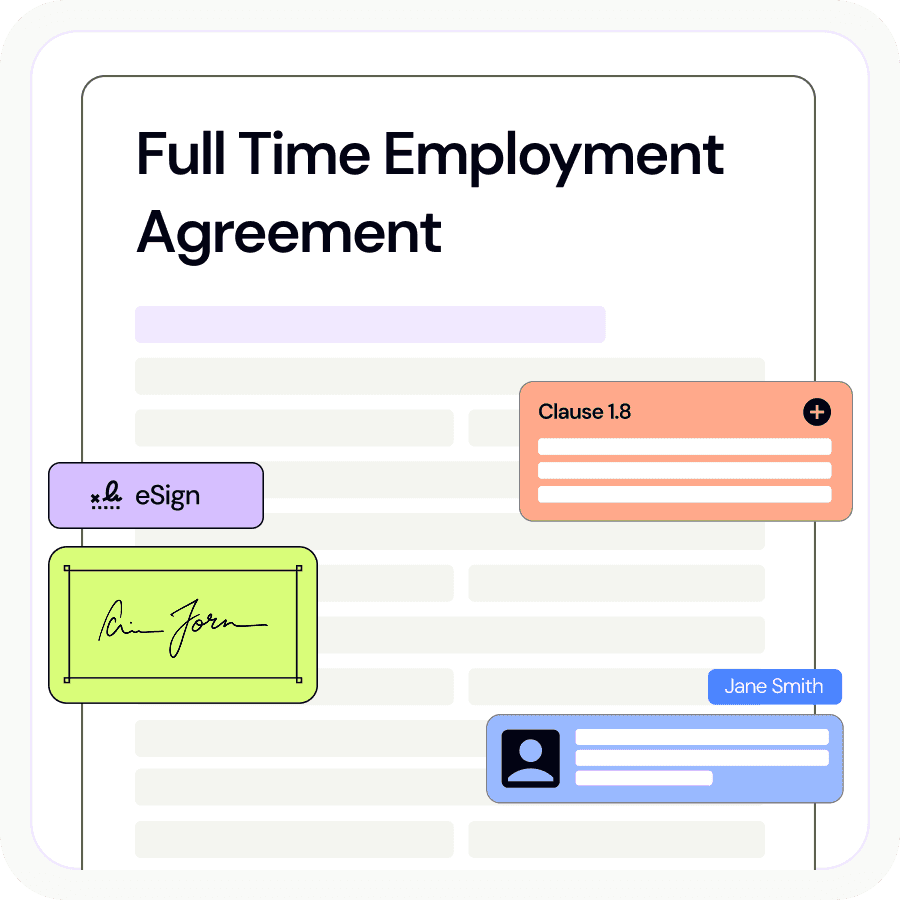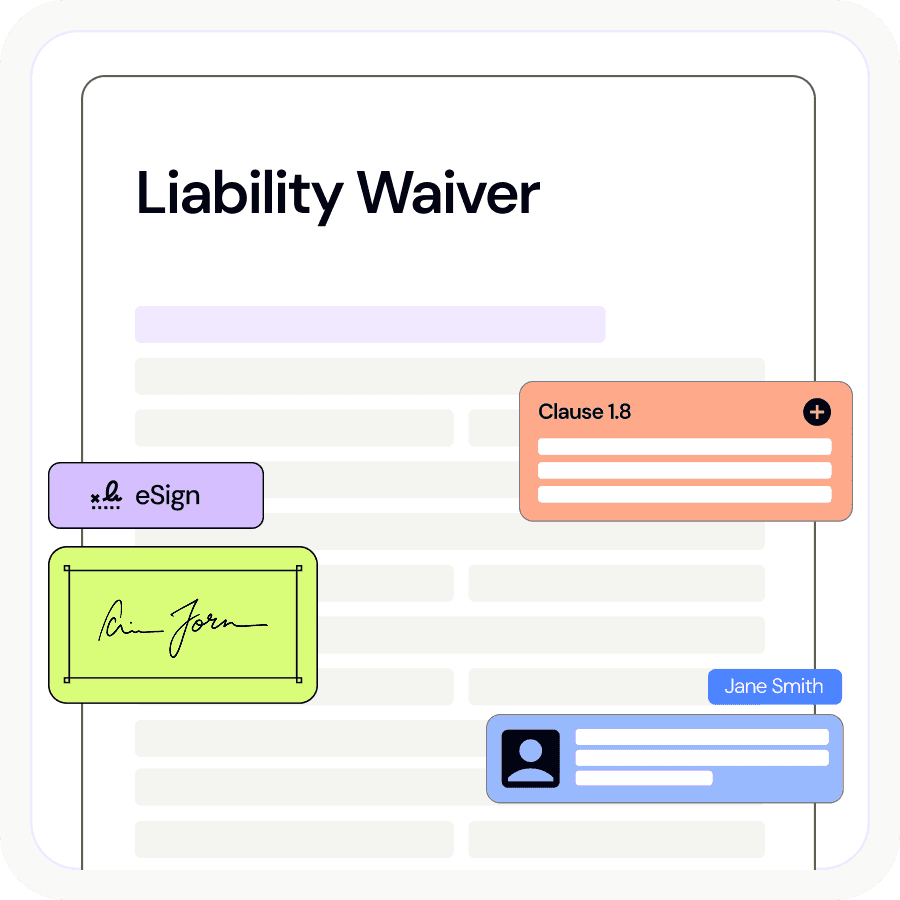Employee’s are hired on the premise that they can effectively complete the required tasks and fulfil their role. Where an employer changes an employee’s role, this may constitute an end to the employment contract. A situation like this may also give rise to termination. In some circumstances, an employee could be able to claim redundancy pay.
Does a change in an employee’s role result in contractual changes?
The general law in Australia states that where an employee’s role has been altered, then the employment contract is terminated and replaced with a new one. Therefore, if there are major changes to how the employee does their work, or what the employer expects of them, then the contract may have been terminated. Changes to terms that are not fundamental to the contract or that are found outside of the contract (for example ancillary agreements such as codes of conduct or company policies) will not trigger termination.
Does this mean an employee is redundant?
The Fair Work Act 2009 (Cth) defines redundancy. It occurs when an employer genuinely no longer requires an employee to work for them. Whether or not the changes to an employee’s role will constitute a redundancy depends on the circumstances. If the employer has changed the role so much that the job description differs substantially, then in effect the original job no longer exists. Changes can cause termination of a contract and a replacement of the employee’s role. Therefore, an employee can argue that a redundancy has occurred. In this situation, an employee could be able to claim redundancy pay.
How can a redundancy be prevented?
The easiest solution is one of prevention. The job description and the employee’s role should be designed in a broad sense, so that it is adaptable to future situations. If sufficient planning goes in at this stage, then later on during the employment, a role will not have to be changed dramatically.
Additionally, it is vital that employers communicate with their workers. If a worker’s duties do need to be varied, then the employee’s consent will be vital in negating termination of the employee’s role.
Above all, if an employee’s job description does need to be varied, then it cannot be substantial or unreasonable. Creating too big of a change may open up employers to claims for redundancy pay.
Conclusion
If an employer wants to vary an employee’s role, it must navigate through several things first. To ensure that any changes comply with the law, the contract of employment and any other agreements, you can speak to an employment lawyer who can assist.







